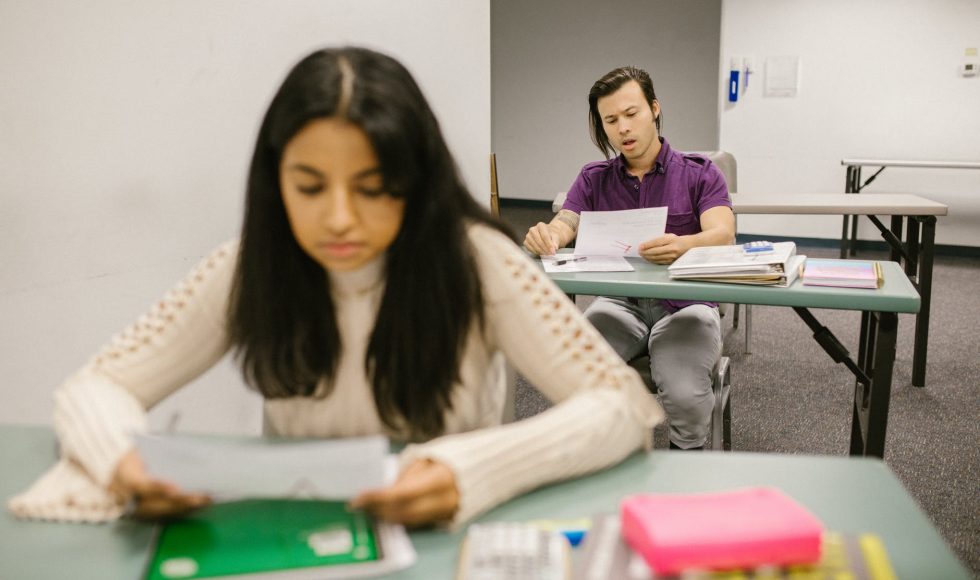Today I felt better yet still feel weak and antibiotics are rough on the stomach. The kids had fun, and we did some gardening. Tonight’s Elon Teaching & Learning sessions were ones I watched live and want to revist. The first one was by Christopher Jones from Washburn University who tried ungrading in their course and obtained student feedback. Jones began with a poll of what have you tried in terms of ungrading in your course. It was interesting to see my chat responses a couple of months after the session. I also realized I blogged about this back on June 10th. Nevertheless, I wanted to watch this again and take some notes now that I listened to the Ungrading book and have been in a couple of different related workshops. Jones talked about how grading can be inequitable and present additional roadblocks to students with disabilities and non-traditional backgrounds. Jones wanted to evaluate the effect of grading on motivation. Jones defined motivation as “the energy that a person has to engage in a task and to complete it” with intrinsic motivation being for inherent satisfaction while extrinsic motivation is done because we want something else. Jones talked about studies that suggest extrinsic motivation disrupts motivation. Jones described the self-determination theory of Deci and Ryan: Amotivation to Extrinsic motivations to Intrinsic motivation. Jones also explained that grades “are poor extrinsic motivators” because they “promote a fear of failure.” This fear, Jones explained, disrupts attempts to reach mastery as “grades promote competence at the expense of mastery.” Citing a study by Butler and Nisan 1986: students only paid attention to qualitative feedback if they did not receive grades. Jones did a pilot study as part of the World Religions course he offered fully remote (Zoom) to 54 in two sections. Students were asked to reflect weekly and there were no grades, only qualitative feedback. Midterm and final reflective self-assessments were performed. Grades were essentially self-assigned. Jones collected qualitative data with an anonymous survey and course evaluations (motivation and sense of purpose) and quantitative data on attendance and work completion. More students attended in the spring of 2021 without grade expectations and more assignments were completed. Jones then showed and discussed several student feedback comments on motivation. Jones also talked about the resistance from colleagues to ungrading. The results of this pilot study were intriguing and encouraging. One point that came up in the chat was how different the responses of students may be if the course is an elective. I keep on coming back to this study and the beauty of its simplicity. I want to try something similar in BIT 295.
The next session was about “Learning About Learning: Effects of metacognitive journaling on self-reported metacognitive behaviors” by Shaun Vecera and Jessica Bowden from the University of Iowa. Vecera teaches a course about learning with the help of Jessie, a graduate student in STEM education. Vecera started with a fundamental tension: learning can only be done by the student, so that places a lot of pressure on the student… and, what do students know about learning? Kornell & Bjork 2007 surveyed close to 500 students if they had been taught how to study and 80% said no. Vecera then asked participants to think about: what does an effective learner do? Audience participants mentioned retrieval, explaining to others, metacognition… Vecera shared that less effective or novice learners don’t set goals, don’t decompose problems, and don’t monitor learning/progress. I thought it was intriguing that Vecera said that metacognition is “hard and error-prone” since we tend to overestimate our abilities. Serra & Demaree 2016 data Vecera shared was graph from data that asked students their desired grade, their predicted grade, and their actual scores. Vecera argued that it is hard to train for better predicted grades, but we can offer training about metacognitive processes. In Vecera’s course, they learn about mindset, metacognition, and memory. The metacognitive journal project begins with an online orientation module and a self-assessment on metacognition. Vecera also encourages a letter to a future student, an assignment I have been considering. I wonder if metacognitive questions can be included as part of scaffolded notes and still achieve these desired outcomes.



